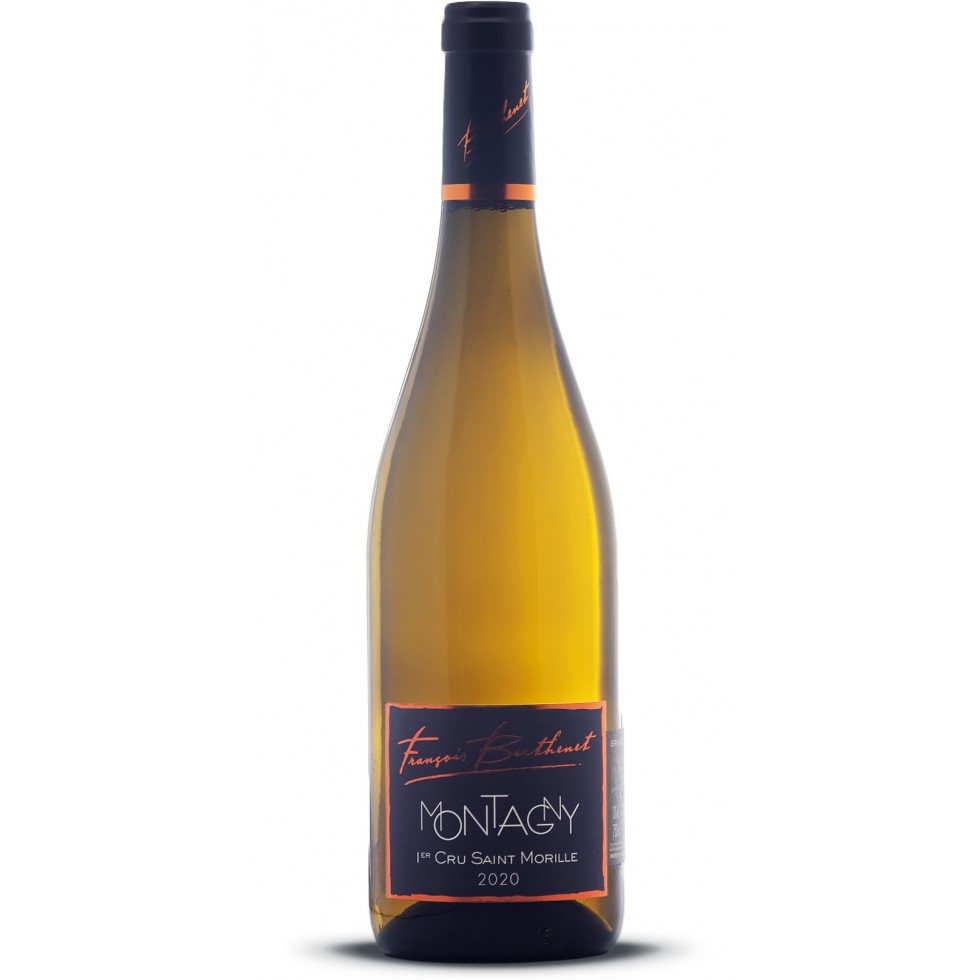appellation
Montagny
Wine Characteristics
Montagny produces white wines only. To the eye, these wines present the classic features of a burgundian Chardonnay: limpid, pale gold colour with green highlights when young, darker gold colour with age. Their aromas are acacia, mayflower, honeysuckle, bramble flowers, and sometimes violet and bracken. Of the livelier scents, lemon-balm and gun-flint may be added.
Hazelnut, white peach and ripe pear would not be surprising, either. In the mouth, the wine is always fresh, young at heart, frisky, alluring, and rich in spicy back-flavours. Refinement and delicacy are harmoniously matched to a durably well-built structure.
Wine Steward’s Tip
Highly-bred, subtle and rich in delicate nuances, Montagny can be properly matched only with foods of comparable balance and aromatic intensity, for example, veal in white sauce suits it very well. As far as seafood is concerned, steamed or poached crustaceans, noble fish (plain fried, grilled, or, better still, steamed) are well-suited. Paella, made with meat and/or fish, also goes well with this wine since the smoothtasting dish with its diversity of aromas will be lit up by Montagny’s allure and aromatic richness. The same goes for cooked seafood. As for cheeses, it brings out the best in goat cheeses, Beaufort, Comté, Emmental and Saint-Paulin.
Serving temperature: 10 to 12°C.
Situation
At the southern end of the Côte Chalonnaise, four villages (Buxy, Montagnylès-
Buxy, Jully-lès-Buxy and Saint-Vallerin), have been banded together as a single Appellation d’Origine Contrôlée since 1936. Hereabouts, as in the Côte de Nuits or at Chassagne-Montrachet, wine-growing and stone-quarrying amicably share the landscape. Buxy, with its 12th century fortifications, is an important heritage site and retains its independent spirit. The wine, grown only from Chardonnay grapes, breathes freshness and clarity. The monks of Cluny preferred it to any other.
Terroirs
Facing East and South-East these hillsides of Bajocien limestone are planted with vines at altitudes of 250-400 metres. Marls and marly limestones of the Jurassic lias and older trias (200 million years BC approx.) make an ideal terroir.
The gravelly lower Triassic which surfaces at Buxy is in contact here with the Kimmeridgian limestone which dominates in the geology of Chablis.
Source : https://www.bourgogne-wines.com




